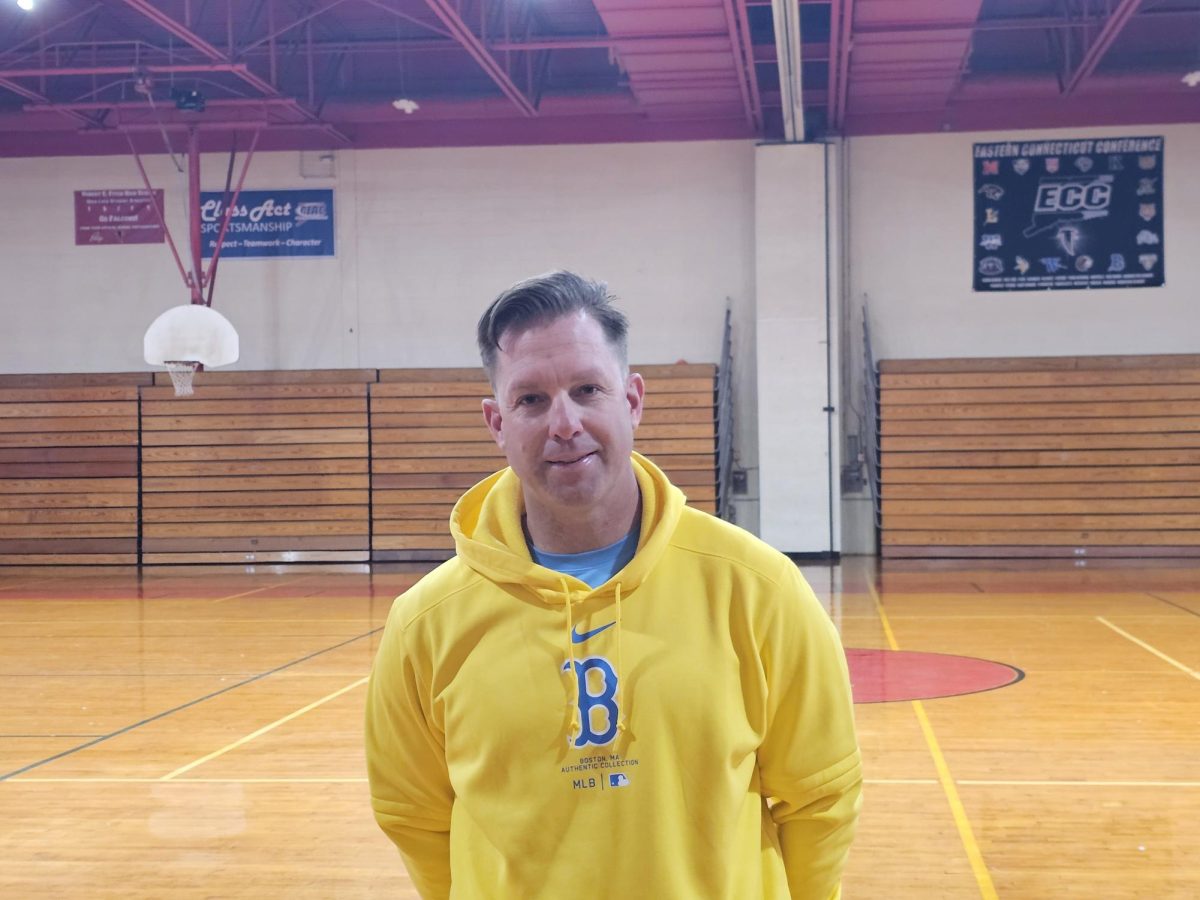The Freudian Slip…
February 28, 2019
During a Dr. Martin Luther King Jr. Day broadcast, Missouri news anchor Kevin Steincross mispronounced Martin Luther King’s name as a Martin Luther K- (racial slur). In the outrage that followed, Steincross repeatedly insisted that he did not hold any racist views. Ultimately, however, Steincross was placed off-air ‘indefinitely’. Was this incident actually a peek into Steincross’ racist mind, or did he fall prey to a ‘Freudian Slip’?
Everyone has experienced a ‘Freudian Slip’, an accidental slip of the tongue where the wrong word comes out at what always seems like an unfortunate time. One may say “I’m mad you’re here” instead of “I’m glad you’re here,” or tell their boyfriend’s ex that they’re “glad to beat you” rather than that they’re “glad to meet you.”
Many people believe that these slips aren’t simply random accidents, but moments when one’s true thoughts leak to the surface. Psychoanalyst Sigmund Freud was the first to explore this phenomenon, officially known as parapraxis. Since then, of course, it has taken on the public persona of ‘Freudian Slips.’ To Freud, parapraxis was a moment when suppressed or subconscious thoughts were revealed. However, as Freud was a strong advocate of certain controversial theories, the validity of parapraxis has long been questioned.
It is hard to say that some ‘Freudian Slips’ are random accidents. Many politicians have had deeply unfortunate experiences with parapraxis. President George W. Bush once declared that “We’ve had triumphs. Made some mistakes. We’ve had some sex…uh….setbacks.” Ted Kennedy stumbled through a televised speech after stating that, “Our national interest ought to be to encourage the breast…the best and brightest.” Are these really random strokes of fate, or are greater psychological forces at play?
Most of modern psychology has discounted Freud’s version of parapraxis. Instead, two major contenders for the cause of parapraxis have emerged. First, there is the idea that our language is simply too complicated. For humans to speak, we have phonological, lexical, and semantic networks. These networks activate ‘nodes’ for certain sounds or parts of speech. However, sometimes these nodes can become mixed up, overlapped, or prematurely activated. When this happens we can experience parapraxis. Ted Kennedy said “breast” instead of “best” because the ‘r’ node that would appear in “brightest” was prematurely activated and inserted into best. This is why many ‘Freudian Slips’ happen between similar-sounding words. It’s easy for our systems to accidentally mix up “set” with “sex” or “meet” with “beat.”
The second cause of parapraxis is known as the White Bear Idea. Daniel Werner, a psychologist at Harvard, asked volunteers not to think about a white bear. Those same volunteers were then asked to speak continuously for a set amount of time. Sure enough, white bears found their way into the volunteers’ speeches. What this experiment shows is that when we are consciously trying not to say something, we are actually more likely to say it. We are focused on what we shouldn’t say, not what we should. This focus primes us to let slip the words we were so carefully trying to avoid.
‘Freudian Slips’ and all the unfortunate instances surrounding them are not random, but they are also not secret unconscious divulgences. Rather, they are a combination of tricky vocal sounds and unfortunate slips in focusing on what we should not say. Perhaps Kevin Steincross truly wasn’t racist, and is instead another victim to add to parapraxis’ long list.








































